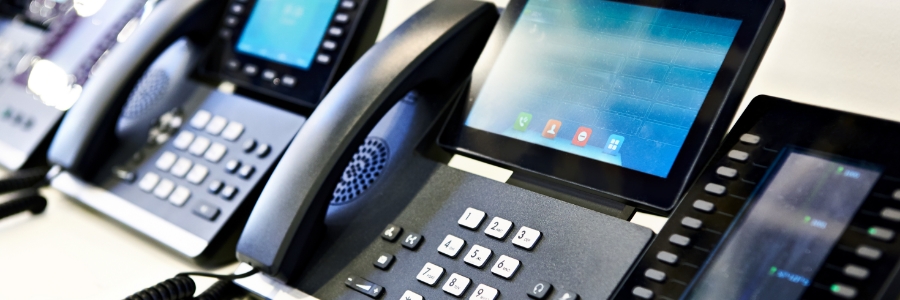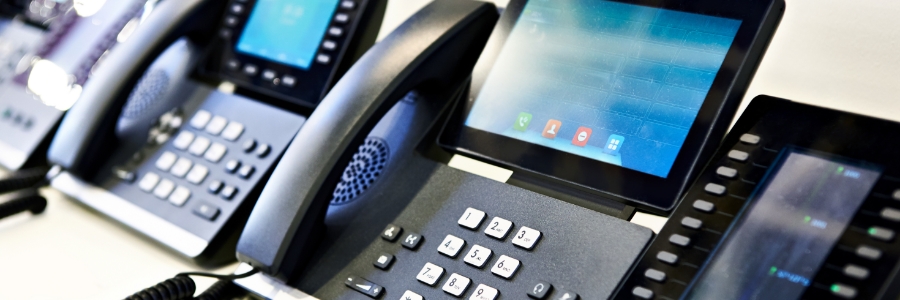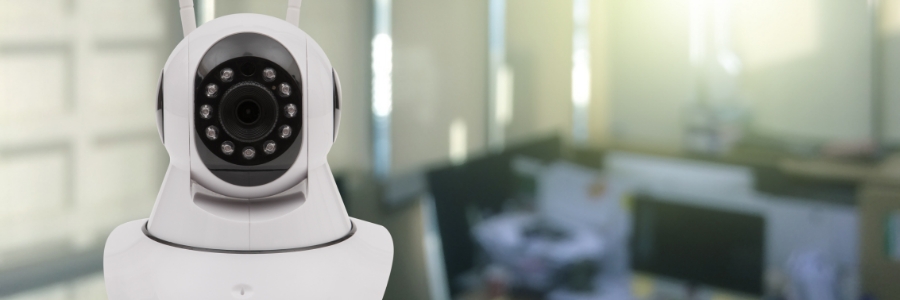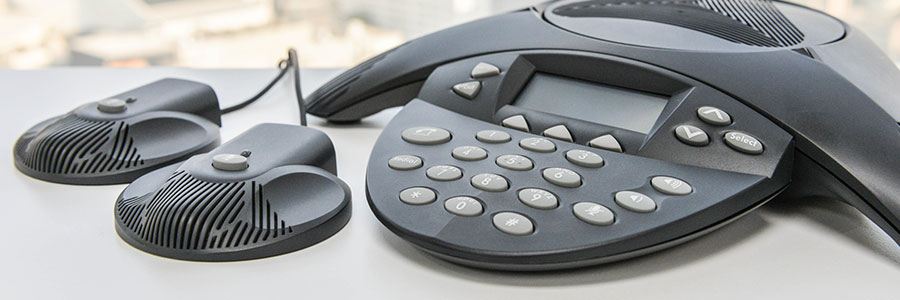More and more businesses are realizing the numerous advantages of using a Voice over Internet Protocol (VoIP) system. Compared to traditional landlines, VoIP systems entail lower costs and come with more features. One weakness that a VoIP system has is that it can be a target for a cyberattack, which is why it’s critical that businesses take the necessary steps to secure their VoIP phones.
Top 5 VoIP security measures every business must implement
What security measures are crucial for protecting VoIP?
How to minimize VoIP downtime and keep your business connected
Understanding the cost of VoIP phone systems
Don’t let TDoS attacks ruin your VoIP system

Denial-of-service attacks (DoS) attacks have been around for years and have caused millions of dollars in damage to businesses and organizations all over the world. What many businesses don't know, however, is that VoIP systems can be the primary target of a type of DDos attack known as telephony denial-of-service (TDoS). Learn how to keep your VoIP system safe from TDoS attacks by reading this blog post.
How AI-powered VoIP is changing the game for businesses

The world of business telecommunications is changing. Voice over Internet Protocol (VoIP) systems have been around for a while, but with the advent of AI-powered automation, they are becoming more efficient and effective than ever before. If you're not already using an AI-powered VoIP system in your business, you're missing out on a lot of benefits.
Everything you need to know about VoIP softphones and hardphones

With many businesses switching to a remote or a hybrid work setup, managers are thinking about the most ideal VoIP phone solution for their teams. They have the option of using VoIP softphones or hardphones. If you too are thinking of switching to VoIP, read on to find out everything you need to know about VoIP softphones and hardphones.
VoIP eavesdropping: How your SMB can prevent it

One of the biggest threats that can affect your company is Voice over Internet Protocol (VoIP) eavesdropping. This occurs when someone uses a software program to record or listen in on your VoIP calls without your permission. This can be done for malicious reasons, such as stealing trade secrets or committing fraud.





